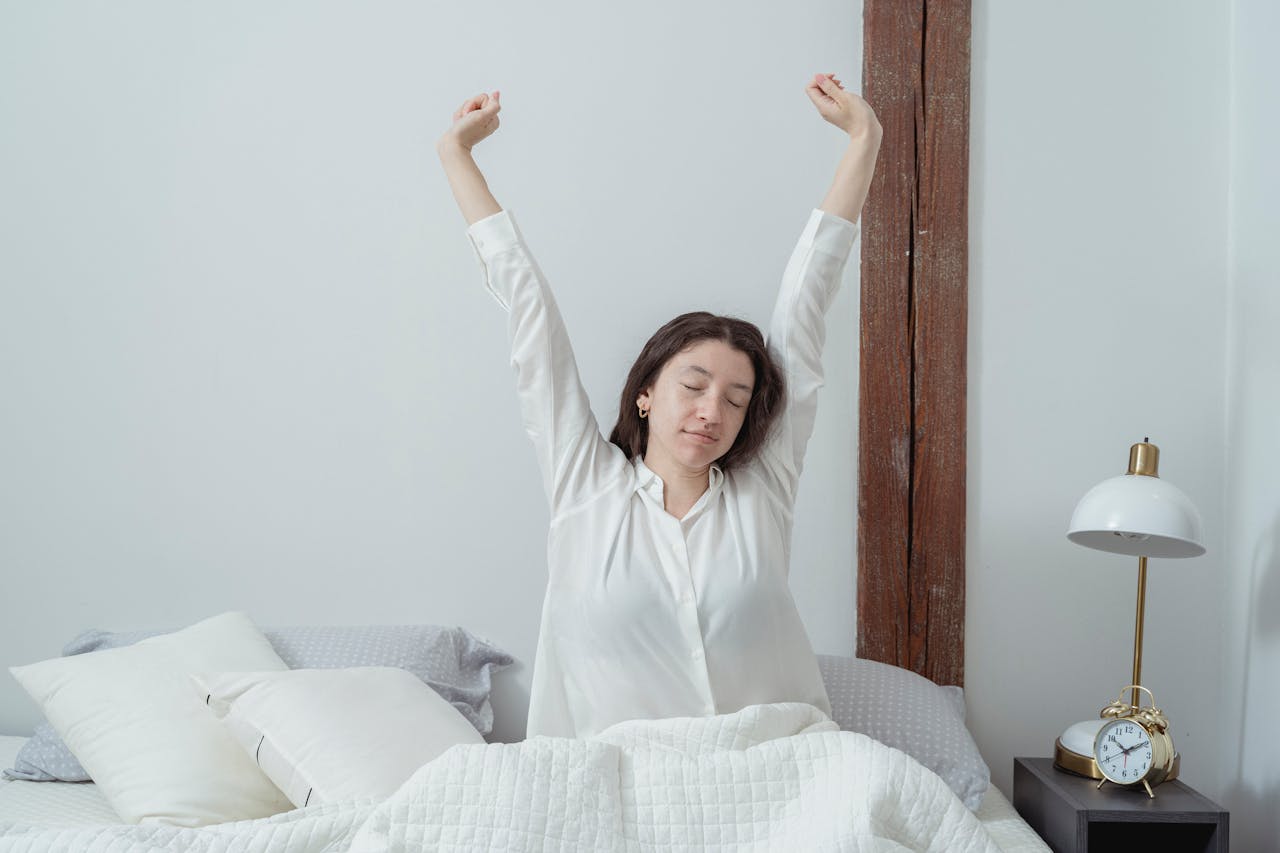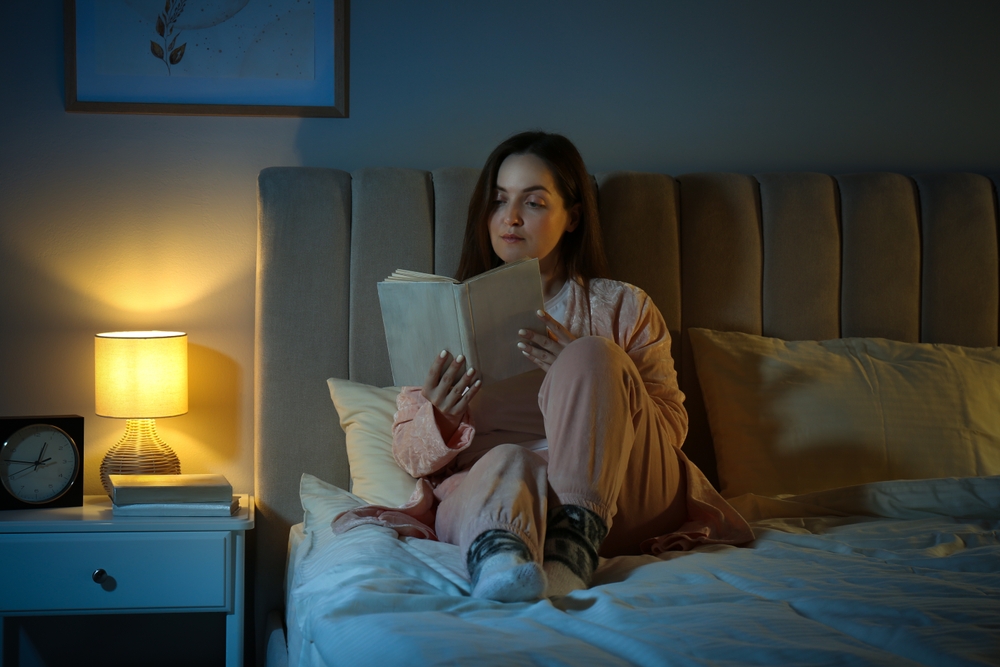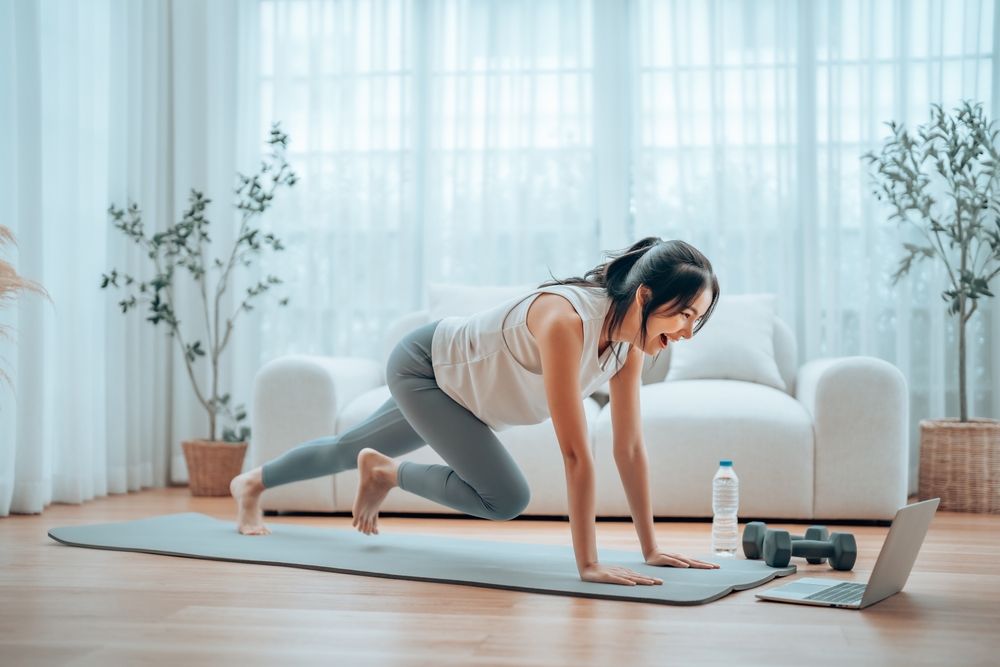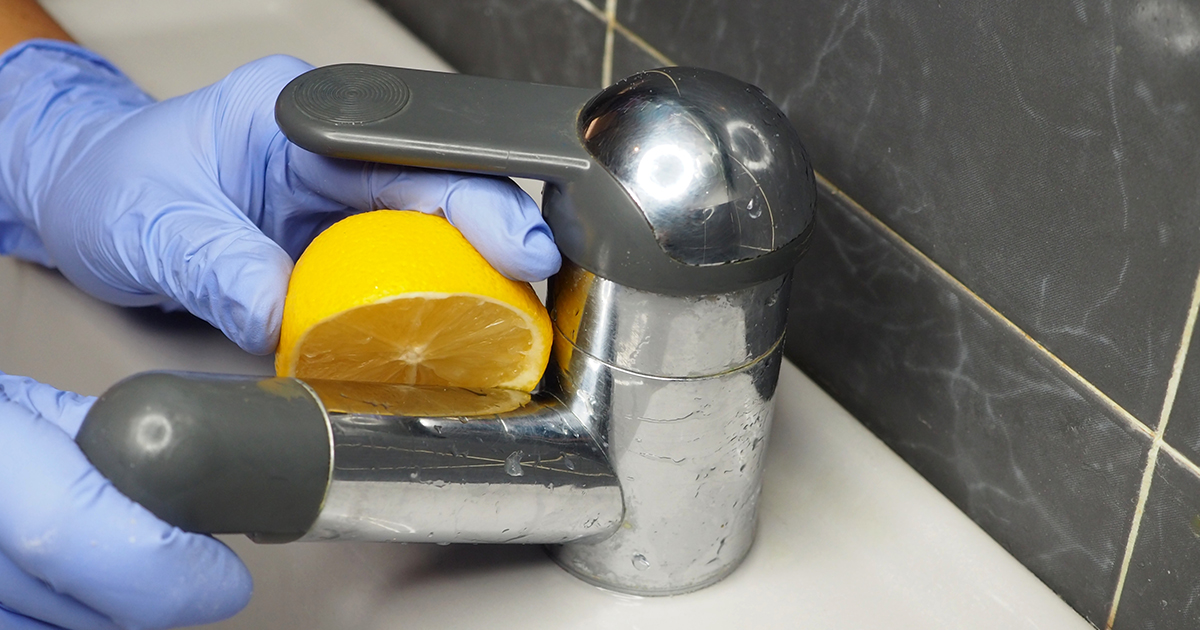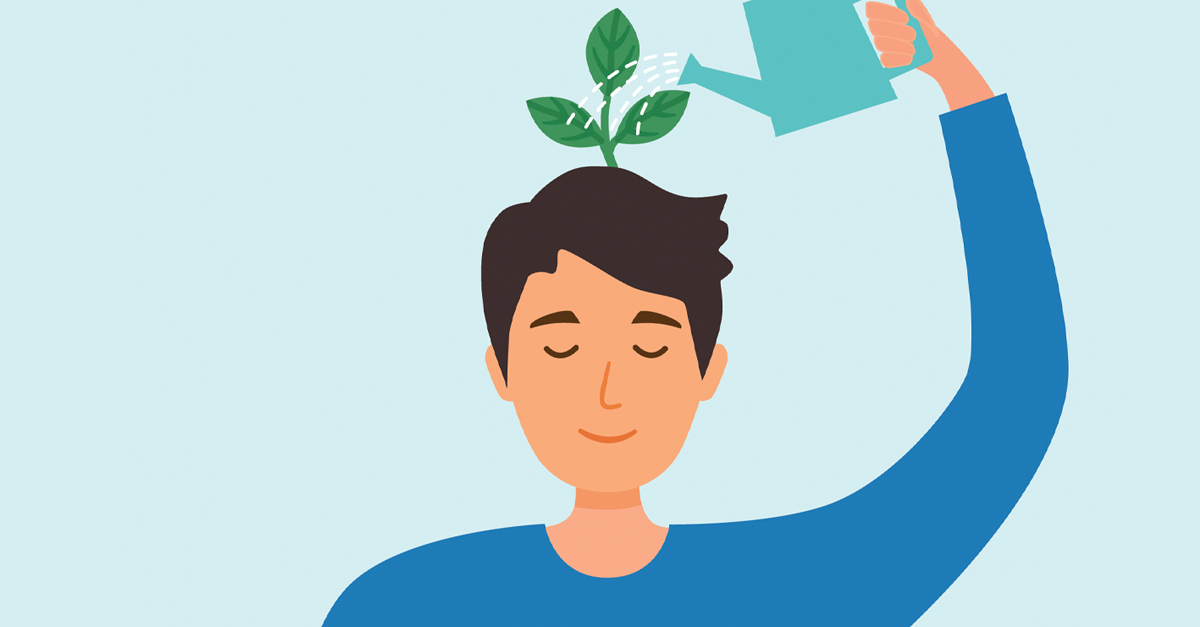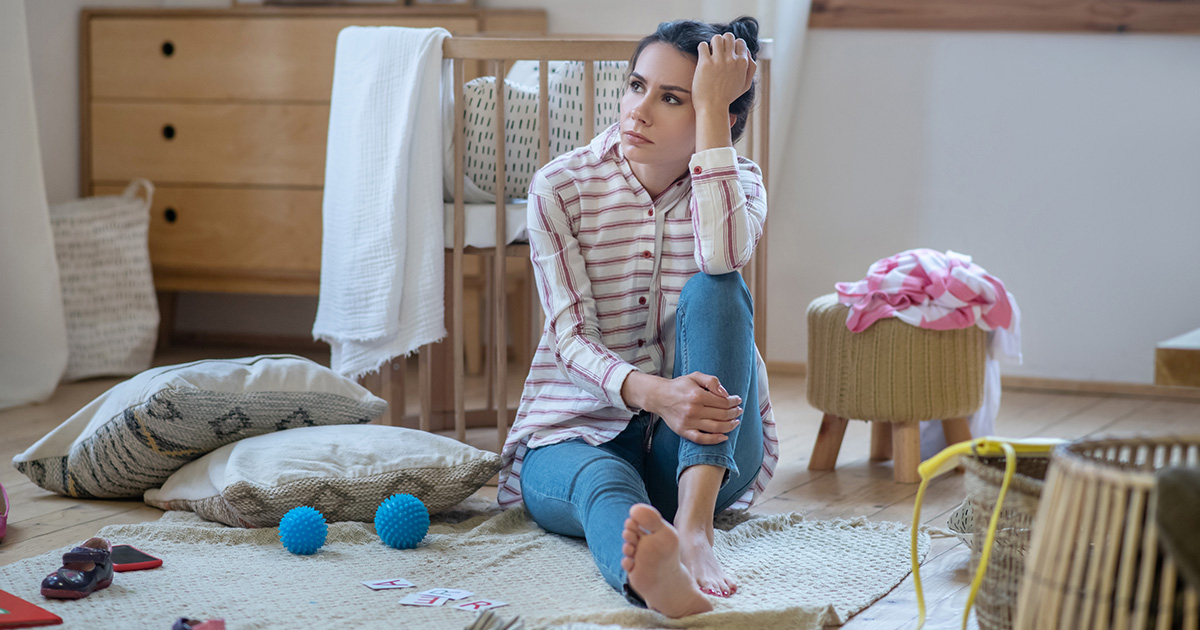Can't Sleep?
Do you have a hard time falling or staying asleep? Do you wake up too early and find it hard to doze off again? Well, you aren't alone. Insomnia, especially short-term insomnia, is more common than you may think. But there's more good news: There are ways to beat it.
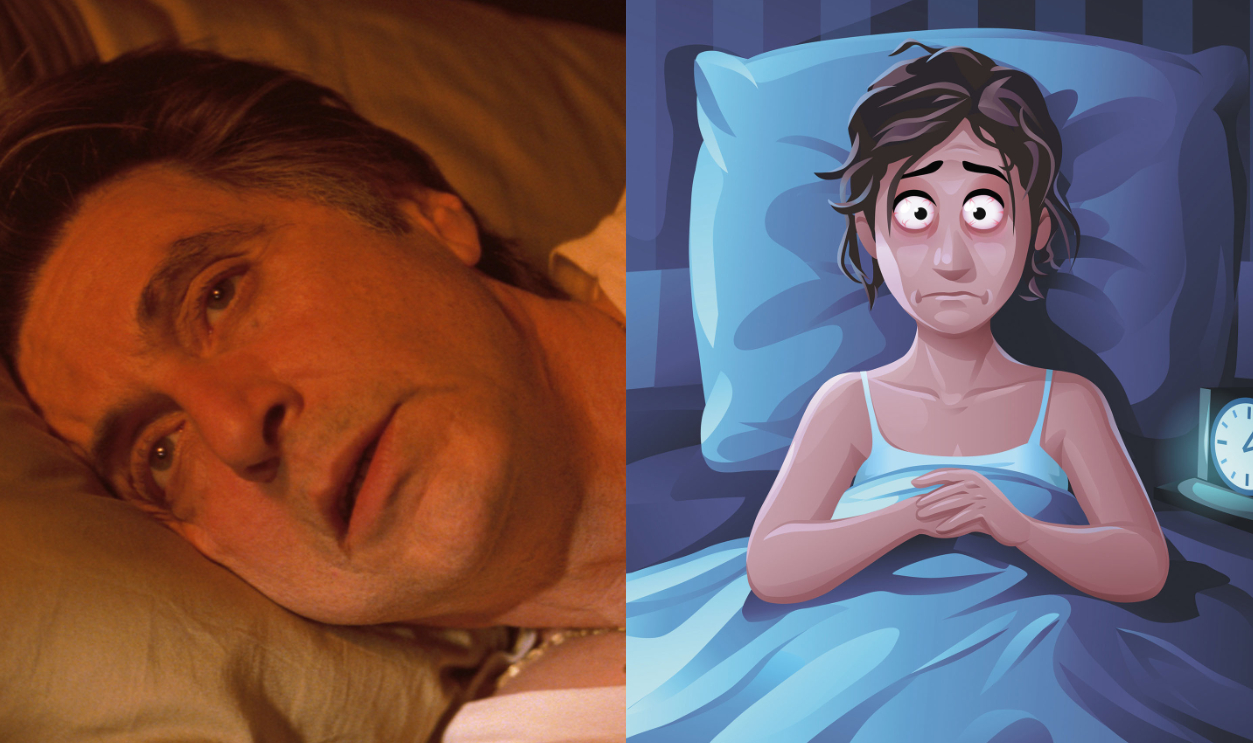
A Comfortable Sleeping Environment
We're talking about your bedroom here.
Keep it clean and uncluttered. You like plants? Have a few in the bedroom to make you happy and calm. A good mattress is also very important, as is keeping the room at a nice somewhat cooler temperature. We don't mean freezing, but a slightly cooler bedroom is better for one's sleep than a warmer room.
Use your comfy blankets and/or duvet to warm you up.
No Food Or Drink Right Before Bed
You don't want your digestive system working hard as you're trying to fall asleep (especially if you're someone who suffers from gastro issues and/or heartburn). As for the drinking, fluids close to bedtime will only mean more trips to the bathroom during the night which, if you have a hard time falling back to sleep, isn't something you want.
Caffeine
We all know caffeine is a stimulant, but what you might not know is that the effects of caffeine can last for many more hours than you might imagine.
With its half-life of six hours, experts recommend stopping all caffeine intake at least that long before bedtime—if not earlier. Cutting it out all together for a few days and seeing how your sleep is affected wouldn't be the worst idea either.
 Bex Walton, CC BY 2.0, Wikimedia Commons
Bex Walton, CC BY 2.0, Wikimedia Commons
Alcohol
Yes, we've all had a few drinks and passed out, but that doesn't mean alcohol is good for your sleep.
Any value of that initial sedative effect is negated by the drinking's effect on your sleep pattern. It blocks your ability to enter REM sleep which, besides being a really good band, is the most rejuvenating part of your sleep cycle. Most recommendations call for no alcohol at least three hours before bed.
A Sleep Schedule
We used to only talk about this when it came to babies and children, but a sleep schedule is just as important for all of us grownups as well. Really try to get your body used to going to bed and waking up at the same time every day (give or take about 30 minutes on either side). Yes, this means the weekends also!
Catching up on sleep isn't a real thing, and all sleeping in on the weekends will do is make it harder to keep to the schedule during the week.
Bedtime Routine
Another one that used to be reserved for our kids, a bedtime routine is a great way to get your body clock winding down and ready for sleep. A bath, shower, music, drawing, a nice conversation with your partner or roommate.
.. these are all good ways to work your way towards calmness and towards your comfy covers.
Lower The Lights
In the hours leading up to your bedtime, one thing you can do to help your body start getting ready is lower the amount of light in the house. You don't have to go dark, but maybe shut off a few and dim others.
This will work with your internal clock and tell your body it's time to start winding down—just like getting bright light in your eyes when you wake up is another good way to tell your body to wake up and help create that sleep schedule we talked about before.
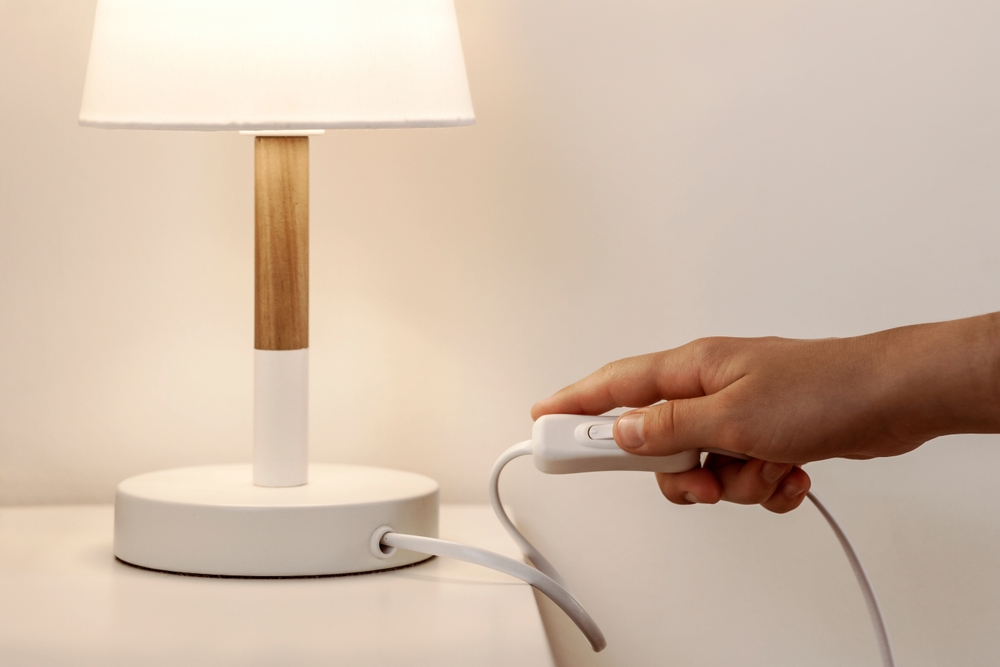 Mariana Serdynska, Shutterstock
Mariana Serdynska, Shutterstock
Reading
Reading before bed has been shown to have quite impressive effects on the lowering of one's blood pressure, heart rate, and stress levels as we head towards dreamtime. And speaking of stress.
..
Keep Stress Out Of The Bedroom
You're lying in bed and stressing out thinking about work or your kids or your relationship or who knows what. We all know how that goes, and how that goes is, no sleep. Talk with your partner about things that might be bothering you before entering the bedroom.
Make a list outlining everything you have to do the next day and get it out of your head before walking through the bedroom door. Figure out what works best for you, but really try to eliminate as much worry as you can prior to sleep time.
What Do You Keep In The Bedroom?
Ideally, your bed and bedtime should only be for two things:
Sleep and nudge, nudge, wink, wink ya know. Bedtime isn't time for scrolling mindlessly through Instagram and TikTok. It isn't time to organize your emails or respond to text messages. Ideally, those suffering from insomnia shouldn't even be watching TV in bed. There should be no screens or any activity that will stimulate your mind and cause focus on other things besides sleep.
Except for the "ya know"—that's totally okay, and for some, can even make it easier to fall asleep afterwards.
Are You Taking Any Medications?
Medications have side effects and sometimes those side effects include insomnia. Check up on the meds you're taking and talk to your doctor about the possibility of them affecting your sleep and any suggestions they may have in regards to dosage and/or switching medications.
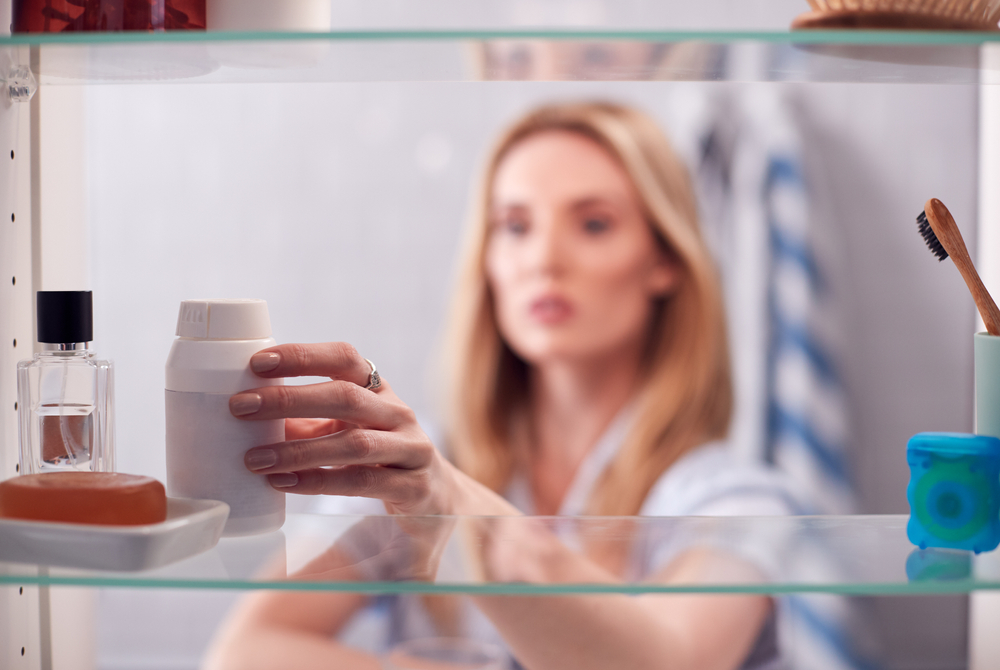 Monkey Business Images, Shutterstock
Monkey Business Images, Shutterstock
When To Exercise
Exercise is helpful in improving your sleep. But for those suffering from insomnia, when you exercise can play an important role in your ability to get a good night's rest. The general consensus is that we should limit our exercising to earlier in the day, thus giving our body enough time to calm and our adrenaline levels and heart-rate time to come down.





